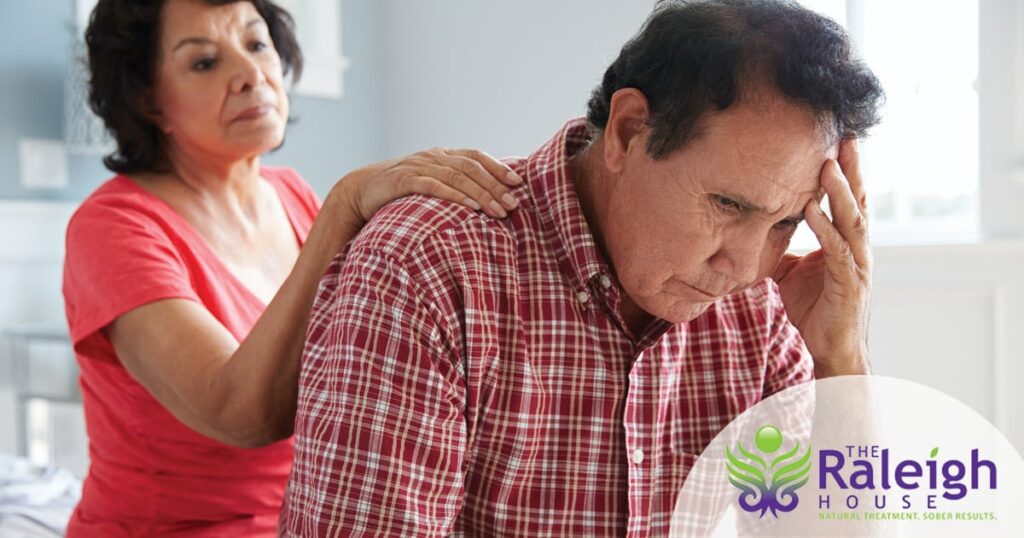
According to data from the National Institute on Drug Abuse, 22.7 million people in the United States needed professional treatment for a problem related to drugs or alcohol within the course of a single calendar year. That’s nearly 9% of the population. What this number doesn’t tell us, though, is the number of people adversely affected by a loved one’s struggle with addiction. If you are experiencing feelings of guilt, shame or inadequacy about your role in your adult child’s substance use disorder, you should know that you are not alone. Something else you need to know? In many cases, your child’s addiction isn’t your fault.
Why Parents of Addicted Young Adults Need to Cut Themselves a Break
It’s only natural to feel at least partially responsible for your adult child’s addiction. But, what we know today is that even if parents do all the right things, some children may still come to suffer from a substance use disorder. How do we know? At The Raleigh House, we work with parents who fit this description all the time.
The fact remains that many factors outside of your direct control can play a role in your child’s mental health. And, whether the mental health problem manifests as clinical depression, generalized anxiety, substance use disorder or some combination of the above, you are no more to blame for it than the occurrence of any other chronic illness.
3 Tips for Dealing with Unnecessary Parental Guilt
Some feelings of guilt are completely rational. For example, if you are a verbally, emotionally or physically abusive parent, then feeling guilty about your role in your child’s addiction is totally appropriate. On the other hand, if your child’s addiction has more to do with inherent genetic risk factors or it can be attributed to a traumatic experience beyond your control, feeling guilty is needlessly self-punishing and unhelpful.
1. Acknowledge and let go of that which is beyond your control
Try as you might, you can’t control every facet of your child’s life. Don’t let yourself get caught up in an endless cycle of hypothetical “what if” questions.
2. Remember that hindsight is always 20/20
Would you have done things differently as a parent had you known your child was headed down a path toward addiction? Sure, you would have. However, that doesn’t make you culpable for your loved one’s substance use disorder.
3. Be aware of manipulation from others
Addicts are very good at placing blame everywhere but on themselves. As painful as this is, you can’t allow your addicted child to substitute his or her distorted reality for what you know to be the truth.
Find a Support Group for Parents of Addicted Loved Ones
We mention this all the time on our blog, but it bears repeating. Reach out to an addiction recovery support group for the parents, friends and family members of addicted loved ones. You are not alone, and your child isn’t the only one affected by the substance use disorder. Failure to take care of yourself can damage your relationships, hurt your job performance and even deteriorate your physical and mental health.
The Raleigh House is Here to Help You and Your Loved One
If someone you care about is struggling with addiction, don’t wait to get help. We offer comprehensive addiction rehab in Colorado that focuses on treating the person as a whole – not just a set of symptoms. Our drug treatment program combines nutrition and exercise with both group and individual counseling led by master’s-level addiction therapists. Fill out our form, or call today.




